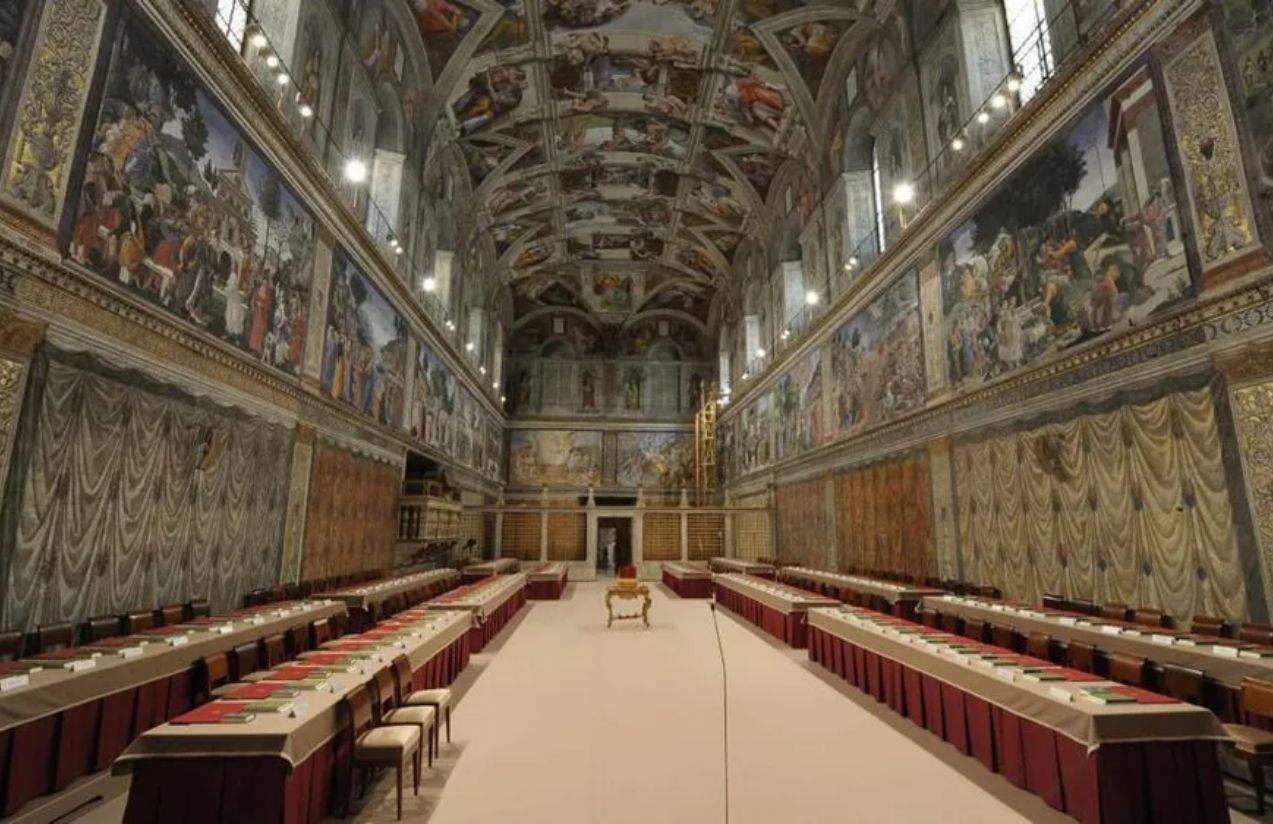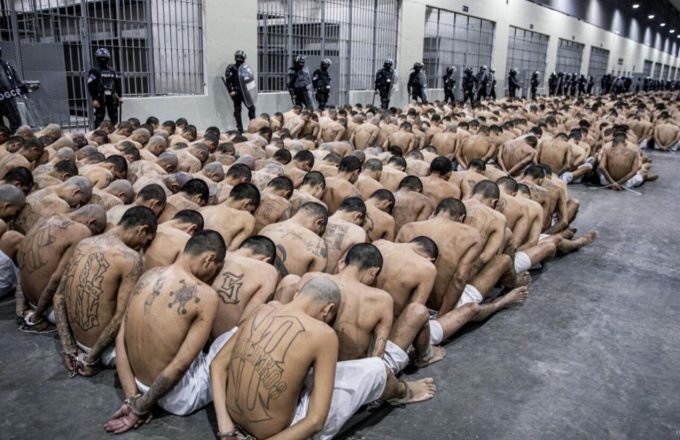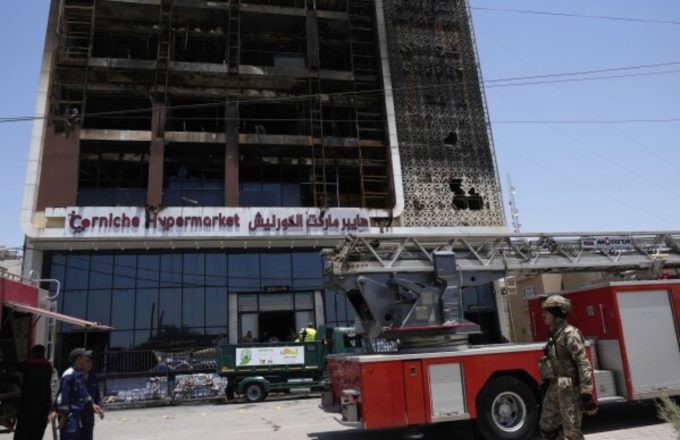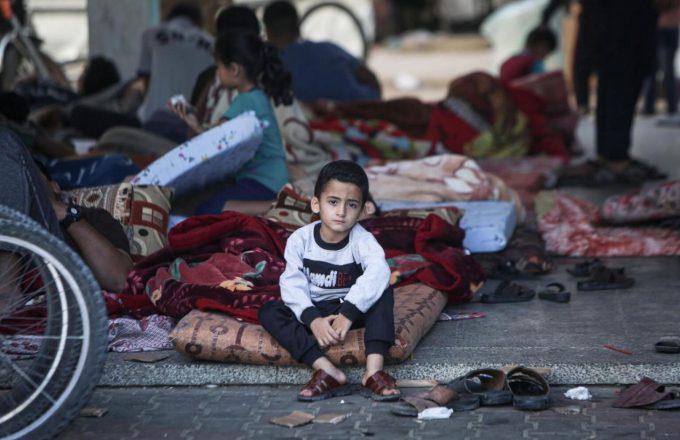The election of a new pope is always an event that transcends religion to become a historic moment. This time will be no exception. Millions of people around the world are turning their attention to the Vatican, where in the coming days, cardinals will gather to secretly elect Pope Francis’s successor.
But this occasion introduces an unprecedented element: technology. In the 21st century, where a single image captured by a smartphone can go viral in seconds, safeguarding the secrecy of the conclave has become a high-security challenge. The Vatican is well aware of this and has deployed a digital shield that combines surveillance cameras, artificial intelligence, signal jammers, and opaque glass to prevent any leaks — no matter how small.
The goal is not just to block drones or prevent photos from being taken from the outside. It’s a broader strategy to counter modern threats: espionage, cyberattacks, social media leaks, and, above all, disinformation. Today, a leak — even a false one — could spark doubts, fuel conspiracy theories, and create tensions both within and beyond the Church.
This will undoubtedly be the most heavily guarded conclave in history.
Among the new security measures, the use of signal jammers stands out. These devices block all wireless communication in key areas of the conclave. No mobile phone, hidden microphone, or transmitter can send or receive signals.
Additionally, windows have been covered with opaque films to prevent drones or satellites from capturing images from above. Thorough inspections — before and during the process — aim to detect any hidden surveillance devices, while more than 650 cameras, connected to an underground control center, continuously monitor every corner.
The objective is clear: to preserve the silence, confidentiality, and integrity of the process. To ensure that the name of the new pope is not revealed before the traditional white smoke appears and that the ritual retains its full symbolic meaning.
The idea of the Vatican turning to artificial intelligence to safeguard such an ancient tradition might seem paradoxical, but in today’s world, it makes perfect sense. According to Wired, AI technology is being implemented in the conclave’s security, although the exact methods remain undisclosed.
One plausible possibility is that the surveillance cameras are equipped with AI systems capable of detecting unusual behavior, suspicious movement patterns, or the presence of unauthorized objects — immediately alerting human monitors.
It is particularly striking that Pope Francis, who has previously warned about the risks of artificial intelligence, is indirectly associated with a conclave now relying on this technology to maintain secrecy.
These security measures might seem straight out of a spy movie, but they are necessary in an era when information — or disinformation — travels at lightning speed. The Church, with over two thousand years of history, understands that even its most sacred traditions must adapt to today’s challenges.
By definition, the conclave is a closed-door event, isolated from the outside world. But today’s external world is noisier, more unpredictable, and more intrusive than ever. In an age marked by overexposure, constant tracking, and viral misinformation, even a process built on silence must now be protected with modern tools.
What is happening in the Vatican these days not only shapes the future of the Church — it also says a lot about the world we live in: a world where trust is built by safeguarding privacy; where tradition must coexist with technological innovation.
As the cardinals cast their secret ballots to elect the next pope, it will be technology — paradoxically — that ensures that secrecy remains intact. Because today, more than ever, protecting silence has become an act of intelligence. Artificial, yes. But intelligence nonetheless.




















